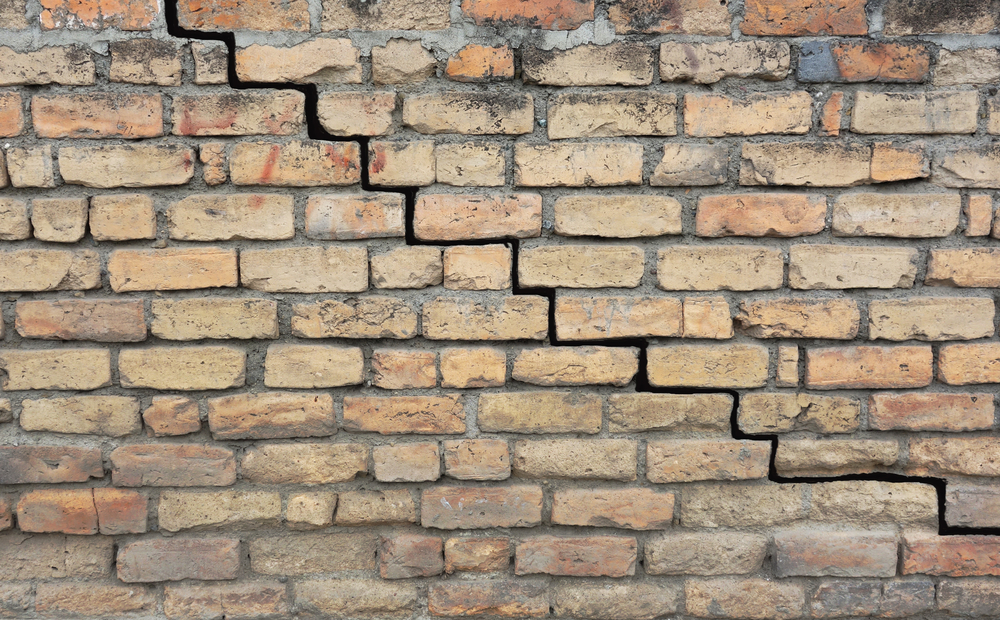
What Texas Homeowners Need to Know About 1-2-10 Warranties and Defect Claims
Most newly built homes in Texas come with a builder warranty, often structured as a 1-2-10 warranty. These warranties offer limited protection for a defined period and cover different categories of defects. But when serious construction issues arise, homeowners are often caught off guard by warranty exclusions, delays, and denied claims.
At Fertitta & Givens, we help homeowners understand their warranty rights and take legal action when builders fail to honor their obligations. Whether your builder is blaming subcontractors, ignoring repair requests, or denying valid claims, we’re here to help you fight back.
Call (346) 258-5803 or contact us online for a FREE consultation. We handle residential construction defects claims throughout Houston and the state of Texas.
What Is a 1-2-10 Builder Warranty?
A typical 1-2-10 warranty includes:
- 1-year workmanship coverage: Covers materials and labor (e.g., drywall, flooring, paint, trim)
- 2-year systems coverage: Covers major mechanical systems (e.g., HVAC, plumbing, electrical)
- 10-year structural coverage: Covers major load-bearing elements (e.g., foundation, beams, framing)
These warranties are usually provided by the builder or a third-party warranty company and take effect from the date of closing or occupancy.
What Is a 1-2-6 Warranty?
In 2023, Texas lawmakers passed HB2023, which allows builders to limit their liability for latent structural defects to just 6 years (rather than the traditional 10-year statute of repose)—but only if they provide a 1-2-6 warranty. This updated structure still provides 1-year workmanship and 2-year systems coverage, but shortens the structural defect coverage to 6 years.
- Homes built after June 9, 2023 may fall under this shorter statute of repose.
- If a 1-2-6 warranty is not provided, the 10-year statute of repose still applies.
This change makes it more important than ever for homeowners to understand what warranty coverage they’ve been given and how it may affect their legal rights.


.2512030912555.png)

What Defects May Be Covered by a Builder Warranty?
Warranties may apply to defects involving:
- Sloping floors, cracks, or foundation settlement
- Improper electrical wiring or unsafe panels
- Leaks from faulty roof installation or flashing
- HVAC malfunctions, broken ductwork, or poor insulation
- Interior water intrusion, mold, or drainage problems
In practice, there is disagreement over whether an issue is actually “covered.” Builders may try to downplay or misclassify serious defects as merely cosmetic like labeling wall cracks as normal settling or may argue that problems like drainage issues stem from “owner negligence.”
Even covered defects can create substantial financial burdens for homeowners. Repeated HVAC outages, foundation problems, or persistent roof leaks can compromise safety, comfort, and resale value. When builders fail to deliver lasting repairs, or ignore the issue altogether, legal action may be the only way to get results.
Unfortunately, many warranty agreements are written to favor the builder and contain complex exclusions, arbitration clauses, or strict notice requirements. Our firm is familiar with the fine print and knows how to challenge unfair denials.
Why Do Builders Deny Valid Claims?
Builders and warranty companies may:
- Claim the issue is outside the warranty timeframe
- Blame homeowners for “lack of maintenance”
- Delay inspections or use unqualified repair contractors
- Deny the issue is a construction defect at all
- Misclassify problems as cosmetic or “normal settling”
These tactics are designed to minimize payouts—but they often leave homeowners dealing with serious defects alone. We know how to spot these patterns and take aggressive legal action when builders refuse to take responsibility.
Do I Have to Use the Builder’s Warranty Process?
You don’t lose your legal rights just because the builder gave you a warranty. Texas law allows homeowners to bring construction defect claims even if the warranty period hasn’t expired or a builder claims the problem is excluded.
While some warranty programs require homeowners to follow a specific process, such as providing written notice or allowing inspection attempts, those procedures don’t always result in meaningful repairs. Many builders also try to force disputes into arbitration, which may limit your rights and remedies.
Our attorneys can help you:
- Determine whether a defect falls under the warranty or broader legal protections
- Comply with pre-lawsuit notice requirements (like RCLA, which was revised in September 2023 under HB2022. Homeowners must now give builders 35 days to conduct up to three inspections, after which the builder has 60 days to make a written offer. If the homeowner finds the offer unreasonable, they must respond in writing within 25 days explaining why. The contractor then has 10 days to submit a supplemental offer.)
- Push back on unreasonable delays or bad-faith denials
- Explore alternatives to arbitration if applicable
Even if a defect is technically covered, builders may offer only superficial or low-cost “repairs” that don’t fix the root problem. You have a right to expect your home to meet basic standards of safety, function, and habitability, and our team fights to enforce those rights in and out of court.
If your builder won’t honor the terms of your warranty or keeps dodging responsibility for construction defects, we can help. At Fertitta & Givens, we represent homeowners across Texas in holding builders and warranty providers accountable.
Call (346) 258-5803 or contact us online to schedule a FREE consultation.











